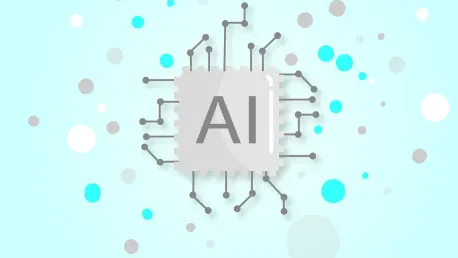
Web applications have become an integral part of our digital lives, offering a versatile and accessible way to interact with software over the internet. Unlike traditional software that requires installation, web apps run on web servers and can be accessed through web browsers, making them

Samsung is currently in the process of developing and testing its highly anticipated One UI 7 software, which promises to bring a slew of improvements and new features to its Galaxy devices. This significant update is expected to make its debut with the Galaxy S25 series in early 2025, setting the

Samsung is making significant strides in the development of its next major software update, One UI 7, which is currently undergoing internal testing on various Galaxy devices. This highly anticipated update promises to enhance functionality and user experience with the latest features and
The fintech industry is currently witnessing a rapid transformation fueled by technological advancements and a surge in consumer demand for innovative financial services. Traditional app development methods, which are resource-intensive, time-consuming, and expensive, are increasingly becoming

In today's digital-first world, the importance of securing digital identities has never been more critical. With the rapid advancement of artificial intelligence (AI) and the increasing frequency of cyberattacks, public awareness and concern about online security have surged. Our digital identities

eBay's unveiling of its new brand and design system, Evo, represents a significant leap forward in enhancing user experience. By focusing on a human-centered UI design, the platform aims to offer a seamless, stylish, and user-friendly interface that meets the needs of modern users. This evolution